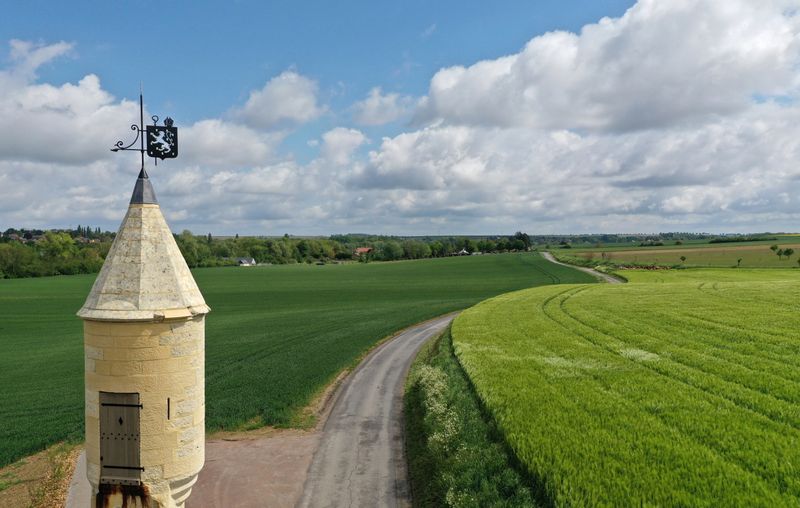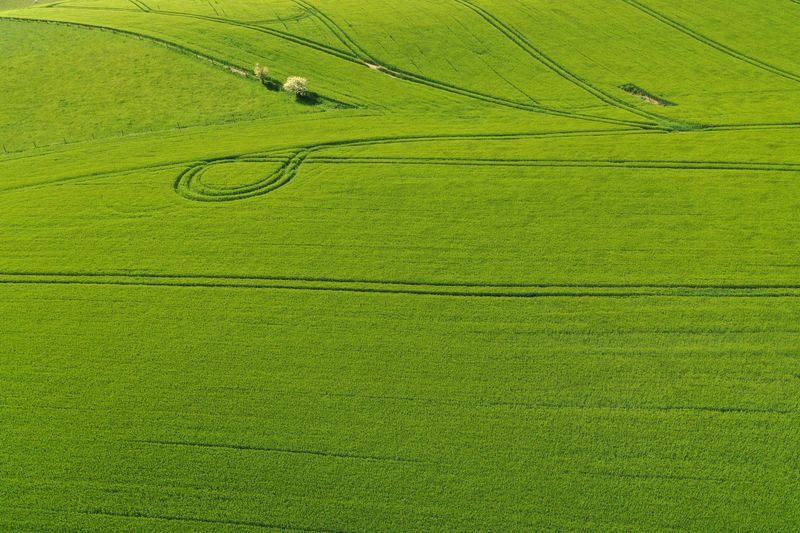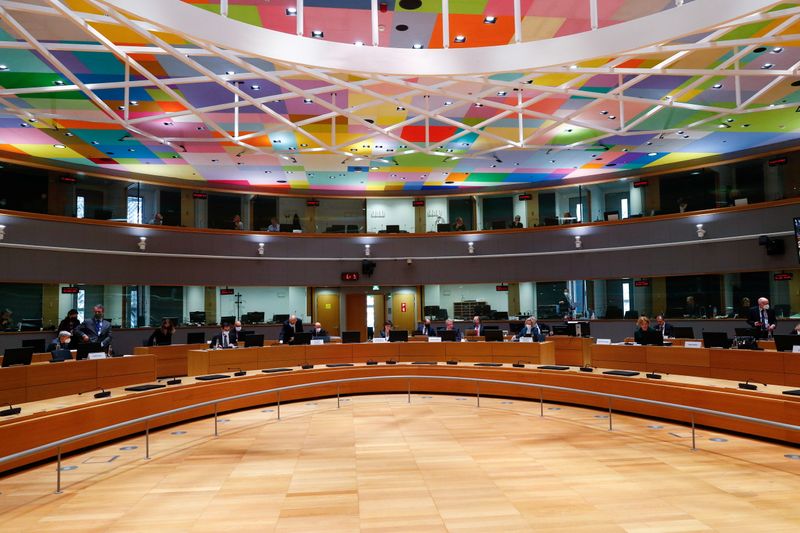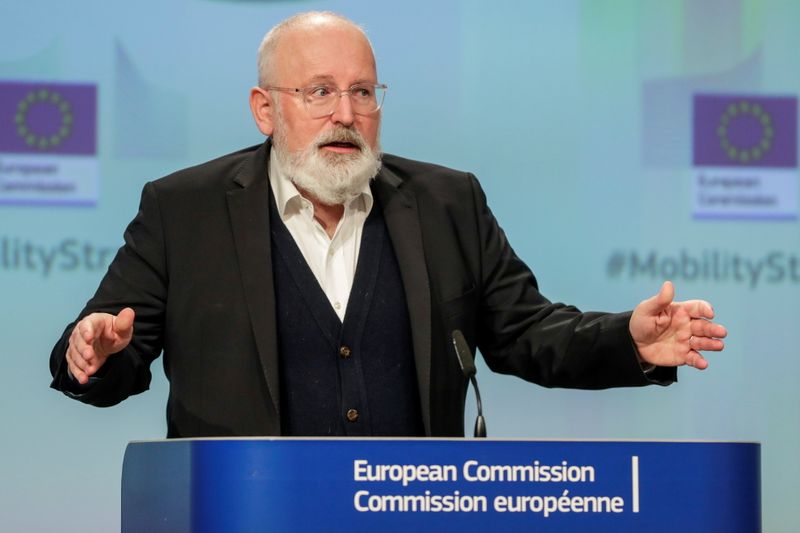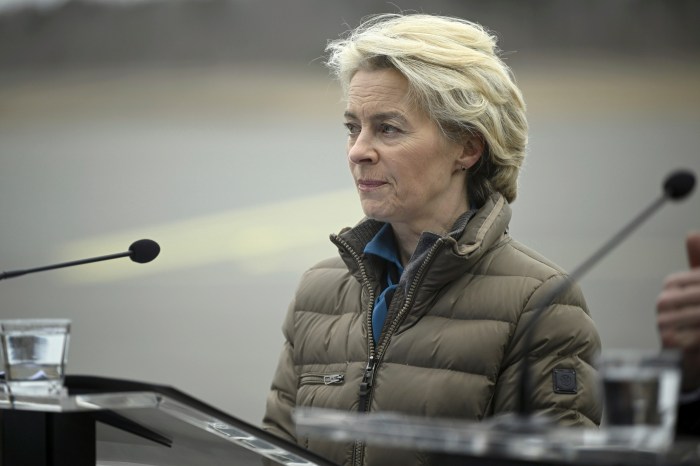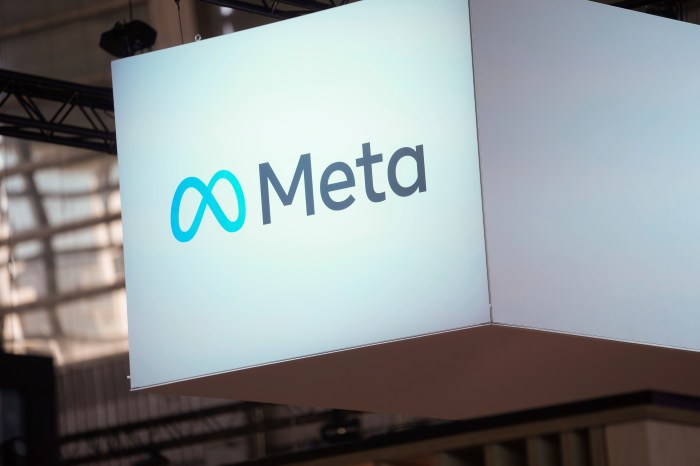BRUSSELS (Reuters) – European Union agriculture ministers said negotiators are close to a deal that aims to reform the bloc’s huge farming subsidy programme, protect small farms and bring agriculture in line with environmental goals.
The EU’s Common Agricultural Policy (CAP) will spend 387 billion euros ($474 billion), around a third of the EU’s 2021-2027 budget, on payments to farmers and support for rural development. The new rules kick in from 2023.
Ministers from the 27 member states began two days of talks in Brussels on Wednesday, a day after negotiators from the European Parliament, member states and the European Commission began their final meeting of a nearly three-year struggle to reform the CAP.
“We are reaching the finishing line,” German agriculture minister Julia Kloeckner said.
Negotiations are scheduled to finish on Wednesday, but are expected to overrun.
The CAP reform aims to align agriculture with the EU’s green goals, by curbing the 10% of EU greenhouse gases emitted from farming and reducing the pressure on natural habitats from intensive practices, including pesticide use and irrigation.
Negotiators are tussling over plans to spend between 20% and 30% of payments to farmers on schemes that protect the environment, such as organic farming or restoring wetlands to absorb CO2 from the atmosphere.
Environmental campaigners say the reforms lack firm targets – for example, to reduce greenhouse gas emissions – and would do little to reduce industrial farming.
The reforms will also attempt to halt the loss of Europe’s small farms, by stopping big businesses sucking up most of the money.
EU climate policy chief Frans Timmermans has said 80% of CAP payments go to 20% of the beneficiaries, with big landowners and agro-industry firms profiting while family farms “get the short end of the stick”.
Proposals under discussion could cap the amount of cash that each recipient gets, or require countries to redistribute part of their CAP funds to smaller farmers.
Negotiators on Tuesday agreed to scrap a contentious plan that would have banned food companies from comparing plant-based products to dairy in their marketing, for example by labelling almond-based drinks as creamy.
Pekka Pesonen, secretary-general of European farmers and agri-cooperatives group Copa Cogeca, said the reforms must ensure Europe’s farmers remain competitive.
“We are facing international competition that clearly doesn’t follow the same set of rules that European farmers have to comply with,” he said.
($1 = 0.8173 euros)
(Reporting by Kate Abnett; additional reporting by Sabine Siebold, Marine Strauss, Victoria Waldersee; editing by Barbara Lewis)

